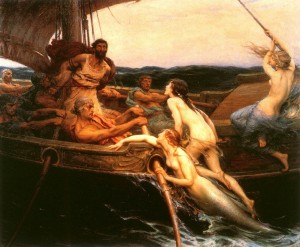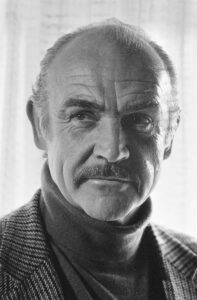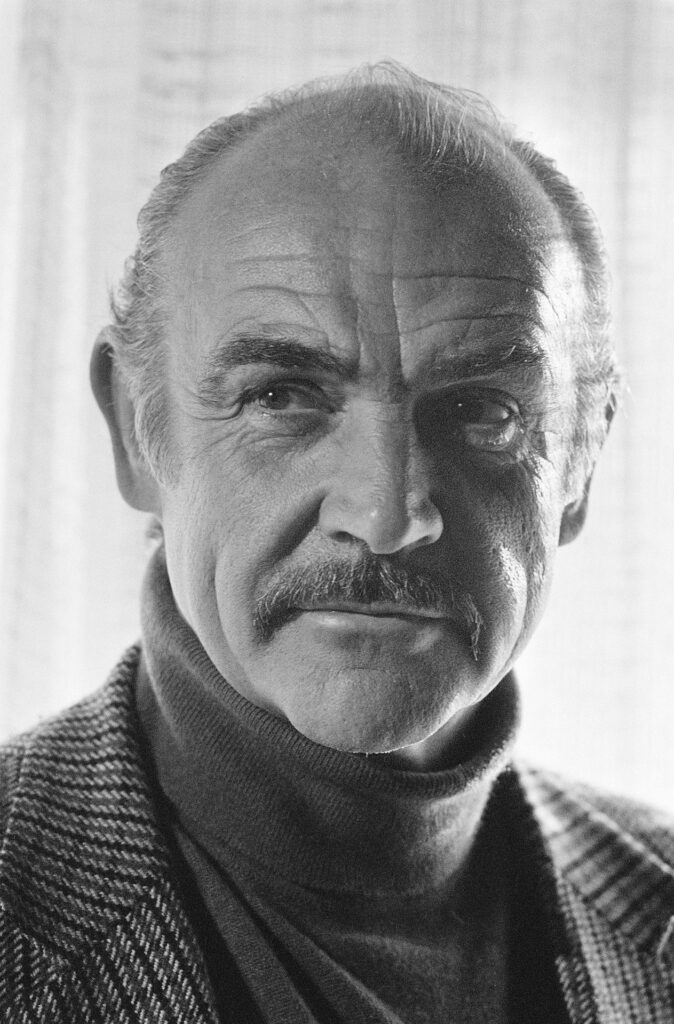 I find that I have more to say on the subject of the latest Bond opus – Skyfall.
I find that I have more to say on the subject of the latest Bond opus – Skyfall.
A period of contemplation found me considering the underlying meaning of the film. This in itself represents a considerable departure for a Bond film. How many of the previous offerings – however enjoyable they might have been – could be said to have a deeper (even if not much deeper) meaning?
Skyfall – on the other hand – does so.
It is entirely apposite that, with the franchise celebrating its 50th anniversary, questions should be asked as to the continuing pertinence of the series. Skyfall chooses to do this at several levels, questioning not only the relevance of Bond to the action film genre itself, but also of Fleming’s cold war ‘blunt instrument’ in the era of cyber espionage, both as a fictional character and also – by extension – in the world of real live spooks… whatever the reality of that might actually be.
This exchange between Bond and Ben Whishaw’s Q – sitting in the National Gallery in front of Turner’s “The Fighting Temeraire” – is germane:
Q: It always makes me feel a bit melancholy. Grand old war ship. being ignominiously haunted away to scrap… The inevitability of time, don’t you think? What do you see?
James Bond: A bloody big ship. Excuse me.
Q: 007. I’m your new Quartermaster.
James Bond: You must be joking.
Q: Why, because I’m not wearing a lab coat?
James Bond: Because you still have spots.
Q: My complexion is hardly relevant.
James Bond: Your competence is.
Q: Age is no guarantee of efficiency.
James Bond: And youth is no guarantee of innovation.
Q: Well, I’ll hazard I can do more damage on my laptop sitting in my pajamas before my first cup of Earl Grey than you can do in a year in the field.
James Bond: Oh, so why do you need me?
Q: Every now and then a trigger has to be pulled.
James Bond: Or not pulled. It’s hard to know which in your pajamas. Q.
Q: 007.
The Turner is, of course, carefully chosen and there is little doubt that Sam Mendes – directing his first action movie – is to thank for bringing his erudition and intelligence to bear on what might otherwise have remained a somewhat dated format.
Mendes also no doubt had a hand in the choice of Tennyson’s ‘Ulysses’, the final stanza of which provides a fitting climax to M’s peroration to the select committee – immediately before all hell breaks loose. I found myself pondering the exact reasoning behind this particular choice and this naturally led me back to the poem itself.
Tennyson’s ‘Ulysses’ takes the form of a dramatic monologue in three parts. In the first Ulysses – having taken 10 years to return home after the Trojan wars and having eventually recovered his long abandoned wife and throne – finds himself enduring a quotidian existence, much vexed by the trivial responsibilities of power. He pines for the glory days of yore, longing once more to be able to travel and to explore.
The second part comprises a relatively brief discourse on the virtues of Ulysses’ son, Telemachus, who will rule in his stead once he is gone. The tone suggests that he sees in Telemachus an altogether less passionate, perhaps more ‘modern’ – even sedulous – approach to the business of statesmanship. His admiration verges on the grudging.
He works his work, I mine.
The third and, perhaps, most oft quoted passage comprises an invocation to his mariners (though those who accompanied him on his ‘odyssey’ are – by most readings – already dead) to engage in one final quest, one last adventure – whilst they still have the strength. The passage culminates with these stirringly elegiac lines:
Though much is taken, much abides; and though
We are not now that strength which in old days
Moved earth and heaven; that which we are, we are;
One equal temper of heroic hearts,
Made weak by time and fate, but strong in will
To strive, to seek, to find, and not to yield.
Interpretations of the poem are legion. Tennyson composed it shortly after the death of a close friend, the poet Arthur Henry Hallam, and said of it: “It gave my feeling about the need of going forward and braving the struggle of life.” There is – as a result – much debate as to what extent Tennyson’s reading of Ulysses is autobiographical. This in turn informs a debate as to the ironical (or otherwise) nature of the poem. This view makes play of the apparent inconsistencies in the character of Ulysses across the poem as a whole.
Most interpretations do, however, seem to consider the closing stanzas inspirational – an invocation of the heroic – and as a result they are much used as mottoes by schools and other similar institutions. The last three lines are engraved on a cross at Observation Hill in Antarctica to commemorate Captain Scott and his party.
My reading is somewhat different. The subject to me seems to be loss. Ulysses is in reality – as Thomas has it – ‘raging against the dying of the light’. He recognises that his long moment in the sun is behind him, and though he comes out of his corner bravely – puffing out his chest and taking on all comers – he actually knows that the game is up.
It is, of course, in the nature of a true work of genius that each of us may find in it our own truths – our own meanings. Though Skyfall is itself certainly no work of genius I am indebted to it for leading me back to these other classics – and for making me think a little…
…and that is certainly more than can be said of any number of other like films.
 I had an odd experience this evening…
I had an odd experience this evening…





Recent Comments